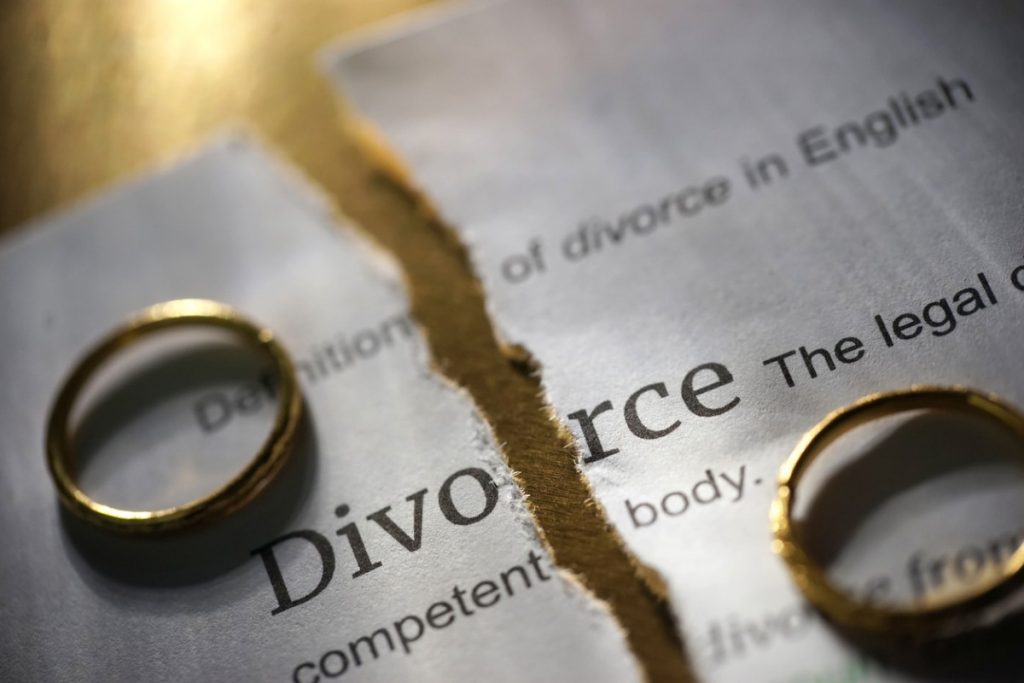When people think of divorce, they often imagine a messy, dramatic, and expensive process that lasts for several months or years. However, not every divorce process has to go that way. Some couples settle their differences and decide on the terms of their divorce before filing papers. Such spouses can seek what is called an uncontested divorce.
An uncontested divorce is when both couples agree on how to resolve all their divorce-related issues, without needing a court’s input. While ending a marriage is not an easy process, uncontested divorce makes the process simpler. It also ensures that both couples remain civil during the process and amicable afterward.
Eligibility for an Uncontested Divorce
An uncontested divorce is generally available to couples who have agreed on issues relating to:

- The division of assets and debts
- How they’ll share custody
- Arrangements for visitation and parenting time
- The amount of child support
- The amount and duration of spousal support
If both spouses can’t agree on at least one of these sensitive topics, they’ll have to pursue a contested divorce in court.
Couples seeking an uncontested divorce must also fulfill the basic eligibility requirements for any divorce. For instance, they must be residents of the state where they’re filing the divorce and observe the state’s mandatory waiting period. A Chester County divorce lawyer can further enlighten you on the state’s eligibility requirements.
How an Uncontested Divorce Works
Like in every divorce, it begins with one side filing for divorce and the other party getting served. However, uncontested divorce has streamlined paperwork. It usually includes a petition for divorce, the divorce settlement agreement, and each spouse’s financial records, among other relevant documents.
While an uncontested divorce may be civil, you should hire a Chester County divorce lawyer to represent your legal interest. A lawyer will help to review your settlement agreement and also prepare the necessary paperwork. If you and your spouse are satisfied with the terms, you’ll sign the settlement agreement before filing them.
A judge will have to approve your settlement agreement, which usually takes a few weeks after filing the divorce. Afterward, the court will enter the final divorce decree.
Pros
- An uncontested divorce takes lesser time to finalize as the process doesn’t involve court appearances
- It offers a way for couples to end their marriage in a civil and less contentious manner, which minimizes the emotional toll on both sides
- It is the least costly way of divorcing since couples won’t have to spend on court trials and other legal fees.
- It gives both sides control over the outcome of the divorce
- An uncontested divorce is very private and confidential, as the courts won’t publish every detail of your divorce in the court records.
Cons
- An uncontested divorce is not a good idea if there’s a history of domestic violence or other forms of abuse. It may lead to the abusive spouse swinging negotiations in their favor.
- It’s also not advisable when both spouses can’t communicate without fighting.
- If one spouse is unreasonable or refuses to agree on any term, an uncontested divorce may be a long and unhelpful process.
Conclusion
While an uncontested divorce has its advantages, it may not be ideal for certain divorce cases. If you’re considering a divorce, consult a Chester County divorce lawyer who’ll help you decide if an uncontested divorce is the best option.



